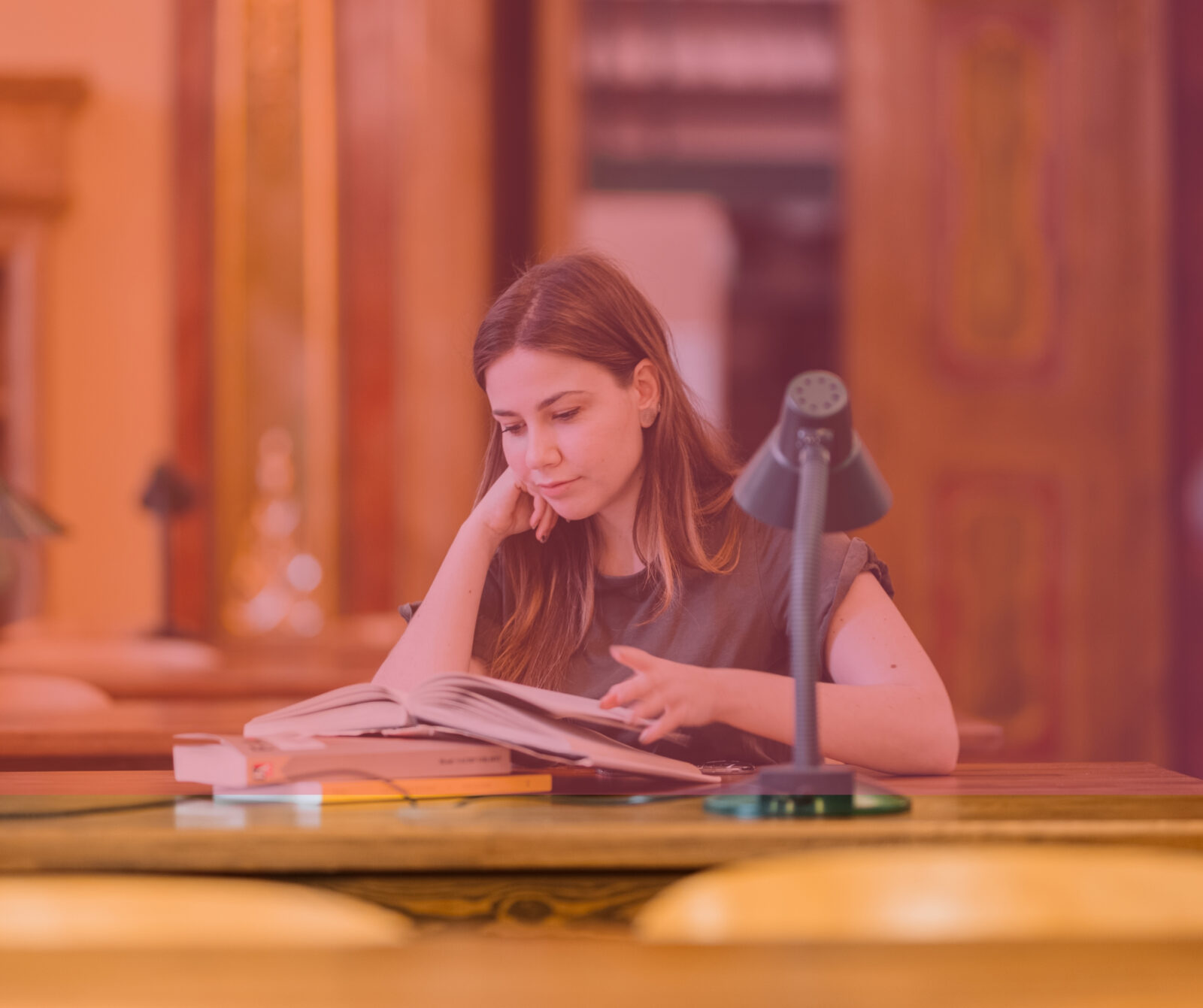
We’re launching Logopaedics!
Starting from the new academic year, we’re launching new fields of study for you, among which there will be Logopaedics – a long-cycle studies programme! The programme is a response to the growing demand for specialists in various types of speech therapy services in educational, medical, and rehabilitation centers – both public and private in Lower Silesia, Poland, and beyond. You can find detailed information about this field of study HERE.
The logopaedics programme will train competent logopedists open to modern challenges, accepting the diversity of people, especially in terms of their reduced communication abilities of various etiologies, as well as multilingualism and multiculturalism.
Students will be prepared to conduct scientific research in an open manner, maintaining a balance between basic research and research with an applied character. They will be involved in research conducted by the scientific and didactic staff in subjects provided by the programme, as well as within the framework of a student scientific association. Additionally, they will be prepared for activities of a popular science nature to develop the relationship between the University of Wrocław and entities in the region employing logopedists.
Within the logopaedics programme, interdisciplinary research teams inspired by the interdisciplinary nature of logopaedics itself (related to linguistics, psychology, medicine, and pedagogy) will develop during diploma seminars, optional classes, and research projects.
The programme is a response to the growing demand for specialists in various types of logopedist services in educational, medical, and rehabilitation centers – both public and private in Lower Silesia, Poland, and beyond (due to strong population migration in the modern world).
The programme provides the opportunity to continue education in a doctoral school and/or in postgraduate studies: surdologopedics, neurologopedics, teaching Polish as a foreign and second language, early speech intervention, Speech-Language Pathology.
A graduate of the logopaedics programme will be a logopedist teacher, a specialist in logopaedics, prepared to work with children, adolescents, and adults with speech disorders of various etiologies.
The graduate will have the knowledge and skills to independently diagnose speech disorders, develop a speech rehabilitation programme, and implement this programme. They are prepared to work with children with delayed speech development of various origins, children at risk of language acquisition delays due to various reasons; adolescents struggling with difficulties and disorders in communication competence of various etiologies; bilingual children and adolescents; adults suffering from sudden loss of language skills due to traumatic brain injury or their gradual decay due to neurodegenerative diseases.
Graduates of the logopaedics programme will have pedagogical preparation and qualifications to work in educational institutions of all types; to work in medical institutions, independently created offices, and other private institutions specialising in the diagnosis and therapy of speech. A graduate of speech therapy will also be able to continue education in a doctoral school and/or in postgraduate studies: surdologopedics, neurologopedics, teaching Polish as a foreign and second language, early speech intervention, Speech-Language Pathology, etc.
What are the recruitment rules for logopaedics in the 2024/2025 academic year? There will be two stages of recruitment for this field of study:
| Subject | The factor for the basic level | The factor for the extended level | |
| Polish language (written) | 0,5 | 1 | |
| Modern foreign language (written) | 0,5 | 1 | |
| Subject (one to choose from) | Biology, second modern language, different from the one chosen above | – | 0,75 |
| Chemistry, Mathematics, Physics, IT, History, Civics, Geography | 0,25 | 0,5 | |
Stage II: a qualification interview assessing the candidate’s predispositions to work as a logopedist
The qualification interview aims to assess the candidate’s predispositions to work as a logopedist. The evaluation includes the ability to establish interpersonal contact (including eye contact), the candidate’s free expression, the way of reading a text fragment, syllable, word, or sentence execution during repetition after a direct model. The correctness of pronunciation, voice quality, accent, and intonation realisation, speech tempo and fluency, and auditory reactions (in the orientational examination) are also assessed. Additional attempts assessing the motor skills of articulatory organs (lips, tongue, jaw, and soft palate) may also be proposed. These attempts involve the candidate replicating the movements of the mentioned parts of the articulatory apparatus after they have been presented by members of the subject examination team.
The qualification interview is assessed on a scale of 0 – 30 points. To pass the interview, at least 18 points are required.
When qualifying for studies, the results achieved by candidates in both stages of the recruitment process will be taken into account. Admission will take place within the limit of places, based on a ranking list prepared based on the sum of points from stages I and II.
INFORMATION ABOUT OTHER NEW COURSES AT THE UNIVERSITY OF WROCŁAW CAN BE FOUND HERE.
Recruitment for Logopaedics and all other courses at the University of Wrocław will start on June 3rd. Detailed information can be found on the website https://rekrutacja.uni.wroc.pl/.
Translated by Karolina Łodyga (student of English Studies at the University of Wrocław) as part of the translation practice.



